Mission Preparation Reflections
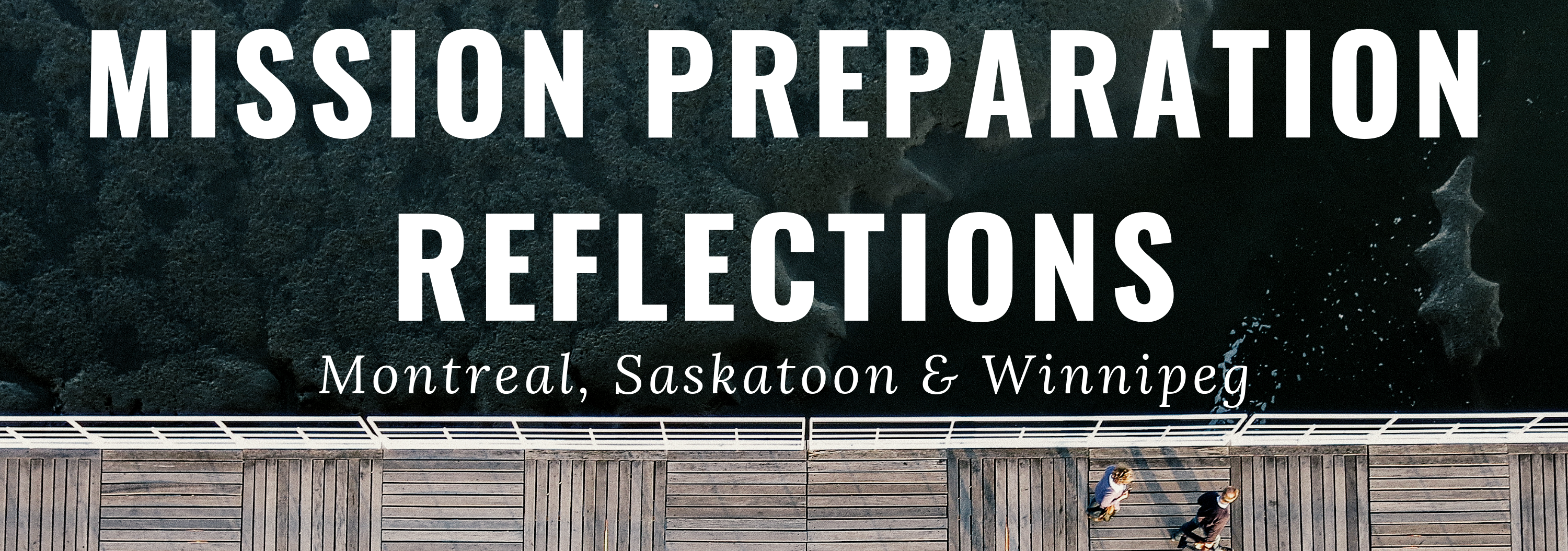
Saskatoon
The Saskatoon Mission team had the opportunity to prepare themselves before embarking on their mission trip. The team was able to read and learn about the different struggles the Aboriginal people suffered. Reading different articles and pieces of writing such as the Truth and Reconciliation Commission and even reading a profile of the Mistawasis people.
Truth and Reconciliation Commission
Elisabeth Jong:
“We should really lift up the word healing…. Go slow, we are going too fast, too fast…. We have many tears to shed before we even get to the word reconciliation.”
I think this is something we tend to forget when trying to make amends with others, especially when we are the ones seeking forgiveness; to be patient, humble, and understanding. So many times we want to quickly fix things and then move on to the next matter at hand, however when dealing with people it’s never going to be that easy. We need to remember and respect the time and things that people require in order to heal properly and not rush them before they are ready. This is the only way to achieve true reconciliation and create a bond much stronger than anything that were rushed.

Joel Chung
“It is important that all Canadians understand how traditional First Nations, Inuit, and Metis approaches to resolving conflict, repairing harm, and restoring relationships can inform the reconciliation process.
This resonated with me, it’s one thing to want to reconcile, take responsibility for the actions for your ancestors. The fact that they even considered to understand and respect the way in which the aforementioned groups approach conflict resolution is very impressive. To me, this shows total understanding and cognizance of what needs to be done and how it should be done. Back then, changing and erasing their culture, traditions and practices were one of the major goals. By understanding and respecting the aboriginal peoples’ approach to conflict resolution demonstrates the true desire to reconcile on the best terms, while taking into account the way in which they used to treat them back then. Being more aware of the side of the aboriginals and their perspective and taking all of that into consideration when wanting to reconcile really impressed me.
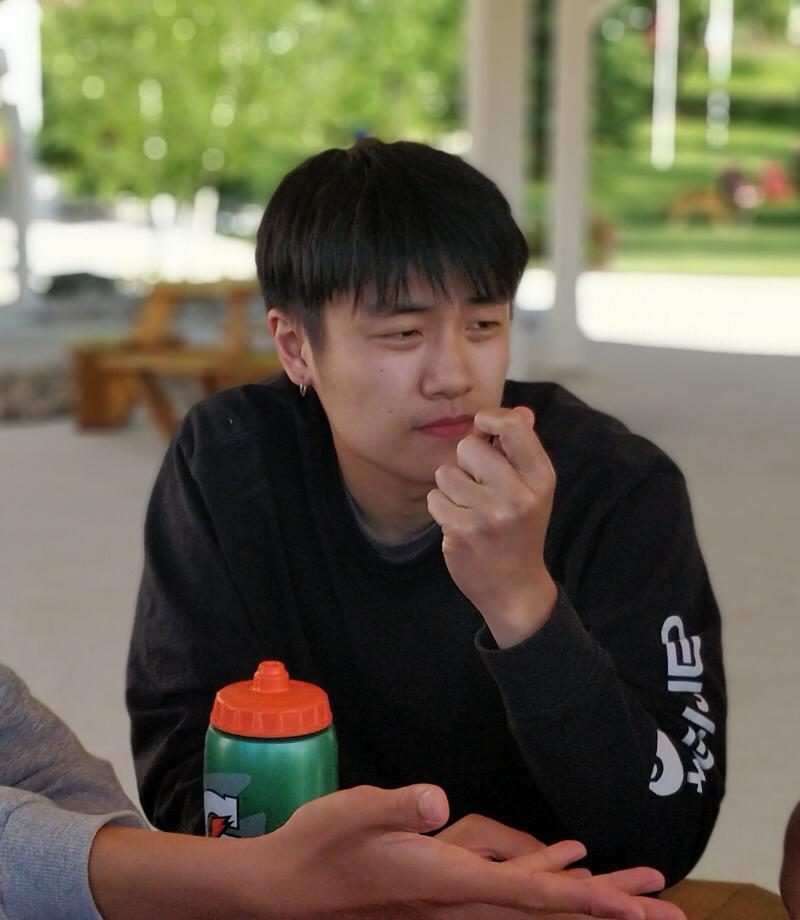
Mistawasis Profile Reflection
Monica Park:
What are your thoughts and questions as you’ve learned a little more about the community you will be serving in?
I think one of the biggest thoughts I had after reading about the Mistawasis community, is that when we all go there to serve, we have to be really aware of the things we say and the way we act. Reading about their lives in more depth made me realize, their lives are completely different from ours, from the way they were raised to even their lives as adults today. Taking all that into consideration, we have to be mindful of the things we say and ask them, while also thinking about how we act to each other.
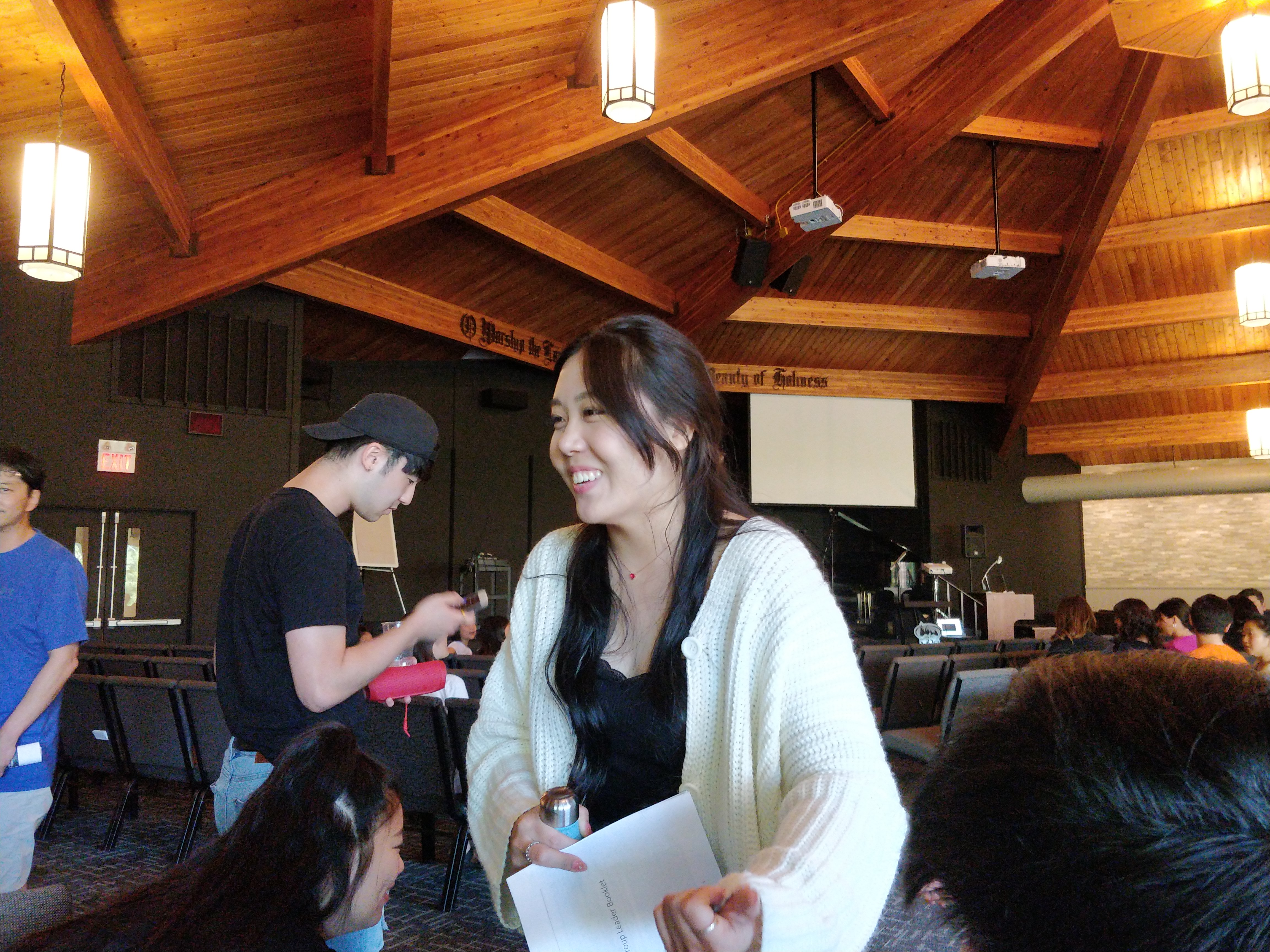
Torrance Yoon
What are your thoughts and questions as you’ve learned a little more about the community you will be serving in?
Mistawasis is like its own little community, the age groups are relatively the same, no change in lifestyle there, housing is stagnant, however, the number of single couples living at Mistawasis is declining which means more children. How do these stats differ from my own lifestyle and demographics around me? Will it affect the feeling I will have towards working there? The way we have come to our religion is completely different from their own experiences, how may this affect their/my perception of being lead/working here?
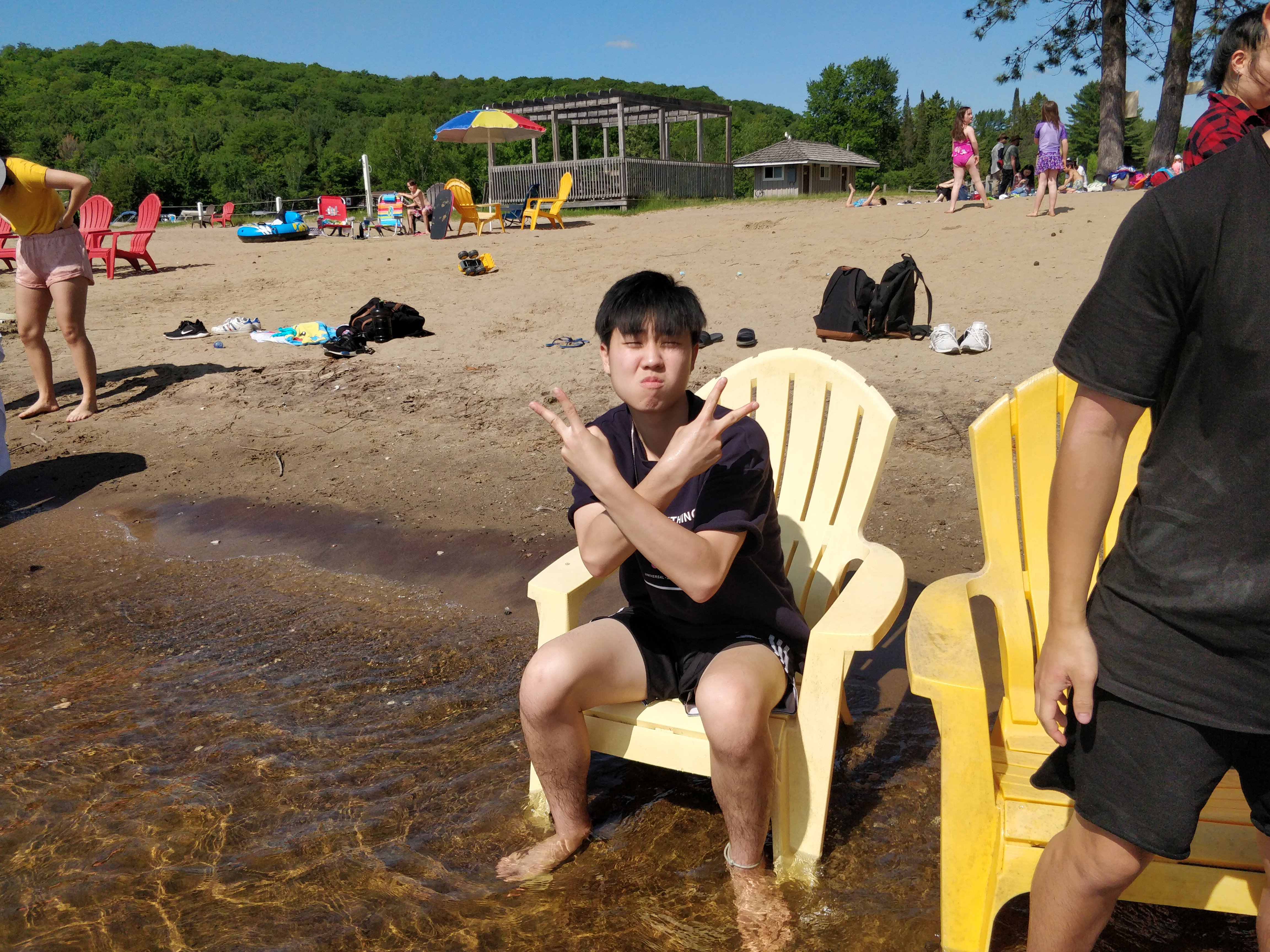
Winnipeg & Montreal:
Both the Winnipeg and Montreal mission teams did not have the opportunity to have an extensive reflectionary period. They did not have enough time to mentally and spiritually prepare for their mission. The mission teams only had the opportunity to read and reflect on the PCC mission statement. It was very insightful and it a great tool to understanding the Presbyterian’s stance on mission.
PCC Mission Document
Jocelyn Chung:
Mission
What are the central ideas of this section?
Linguistically, the word “mission” is used in many different ways, but the meaning of that word from a theological standpoint is to do work in an away place, but over time, the definition has changed to local ventures as well.
How do these ideas shape your understanding of mission?
When you think of missions, you think more of trips where you have to take a plane or a train to get there, but I realized that they can be just as meaningful when they’re local.
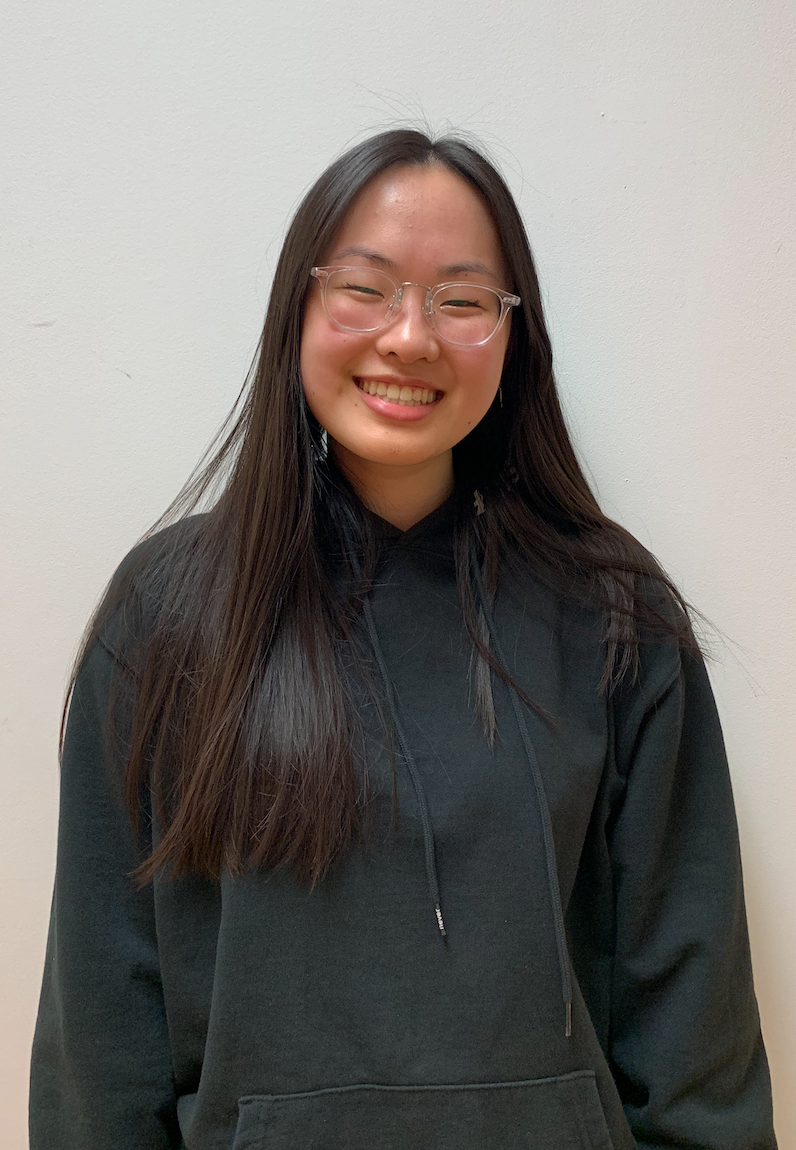
April Chia:
Mission
What are the central ideas of this section?
- This section talks about the origin of the word mission
- Comes from the Latin word Missio the Greek word apostello
- The word mission is used in many different ways in today’s world (Mission statement, diplomatic missions, ect)
- The New Testament is a product of mission of the church
- The Holy Spirit must guide us
- God is on a mission
- Missions started at the moment of God’s creation
How do these ideas shape your understanding of mission?
- I never thought of God being on a mission, I’m not sure why, I just thought he was the all holy one, and I didn’t think that meant him being on mission. I also learned that the Holy Spirit must guide us through missions. So after learning this, I hope the Holy Spirit guides all of us through all of our individual missions.


Leave a Reply